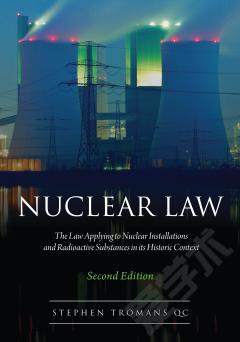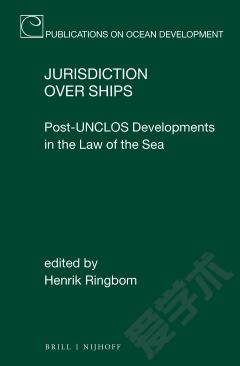Contemporary Developments in Nuclear Energy Law —— Harmonising Legislation in CEEC/NIS
----- 核能法的当代发展
In recent years there has been much concern about the safety of nuclear installations in Central and Eastern European countries (CEEC) and the Newly Independent States (NIS). The enhancement of such safety has been a focal point in the discussions on enlargement of international organisations such as the EU, OECD and NATO.To provide these States with nuclear safety-related assistance, several funds were set up to finance technical and legal assistance on a multilateral as well as bilateral basis. However, the release of such money has been hampered by the absence of complete legal protection against potentially huge liability claims against the governments and companies that provide the assistance. The problem of nuclear liability constitutes a serious impediment to the performance of safety-related assistance work in the CEECINIS. In turn, this threatens the overall protection of the international community against nuclear hazards. This impasse is the main focus of this book.Contemporary Developments in Nuclear Energy Law: Harmonising Legislation in CEEC/NIS provides an overview of the latest legislative developments concerning nuclear safety and liability in the CEECINIS, as well as an analysis of related international and national legislative, financial and technical initiatives. The objective is to bring together the various approaches of academic, governmental, industrial and CEECINIS expertise. Special attention is given to the recently adopted 1997 Protocol to Amend the Vienna Convention, the 1997 Convention on Supplementary Compensation for Nuclear Damage and the 1997 Joint Convention on the Safety of Spent Fuel Management and on the Safety of Radioactive Waste Management.Several case studies highlight certain nuclear liability of safety-related developments and experience in several identified CEECINIS, inter alia, Lithuania, Russian Federation and Ukraine. This is placed within the context of an overview of international and independent assistance programmes and "Memoranda of Understanding" established by industry and various organisations, such as the EU, the EBRD (Nuclear Safety Account), the IAEA and the OECD Nuclear Energy Agency. In the book's four constituent parts, the legislation implementation in CEECINIS with the aim of hastening a practical solution, adequate for the task of minimising the present risk of transboundary nuclear damage.
{{comment.content}}








 京公网安备 11010802027623号
京公网安备 11010802027623号